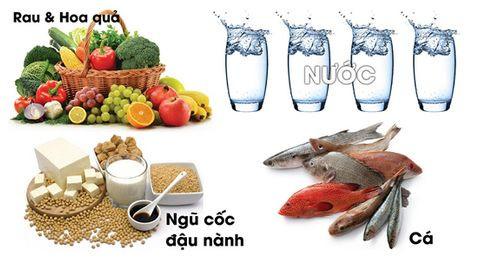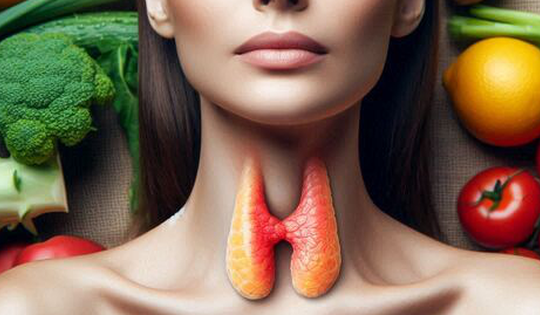What should you eat with vestibular disorders?
A reasonable diet will effectively contribute to reducing the risk of vestibular disorders.
Vestibular disorders cause patients to lose control of their balance and posture due to frequent headaches, dizziness, tinnitus, nausea, unsteadiness, etc., greatly affecting daily activities.

People with vestibular disorders should pay attention to a reasonable diet and lifestyle to help prevent this disease.
People with vestibular disorders should:
- Avoid foods and drinks high in sugar and salt. Let your body absorb natural sugars and salts from whole grains.
- Avoid foods and drinks containing stimulants such as caffeine, caffeine can make tinnitus worse.
- Avoid alcohol and beer because alcohol and beer will affect the central nervous system and can cause headaches in patients with vestibular disorders.
- Drink enough water: Drink enough water every day, about 1.5 liters of water, equivalent to about six glasses, to compensate for the amount of water lost by the body. Sometimes dehydration also causes symptoms of dizziness, lightheadedness, and headache.
- Scientists recommend that patients should take in at least 400 micrograms of folic acid every day through foods such as spinach, orange juice, bread, white beans, peanuts, and wheat germ.
- You should consume a lot of foods such as green vegetables and fresh fruits to supplement vitamins and strengthen the body's immunity.
According to doctors, Vitamins are especially good for people with vestibular disorders. Vitamins are not only good for the body, helping to increase resistance, but also contribute to improving the health of the vestibular system.
4 types of vitamins that people with vestibular disorders should supplement
Vitamin B6: helps relieve dizziness. This vitamin can be found in poultry, seafood, milk, cheese, dried beans and spinach.
Vitamin C: Some studies have shown that taking 600mg of vitamin C daily along with other compounds for eight weeks can effectively control vestibular disorders. You can increase your intake of vitamin C in citrus fruits, green peppers, and papaya.
Vitamin D: This vitamin has the effect of reducing and overcoming the symptoms of otosclerosis commonly encountered in patients with vestibular disorders. Therefore, you should increase your intake of foods such as fish, eggs, milk, etc. containing a lot of vitamin D to better support the treatment process.
Folate: Research shows that folic acid, a vitamin that can help alleviate balance problems in older adults, helps correct deficiencies in the vestibular system. Eat whole grains and leafy vegetables to get more folate in your meals.
According to VNN
| RELATED NEWS |
|---|







